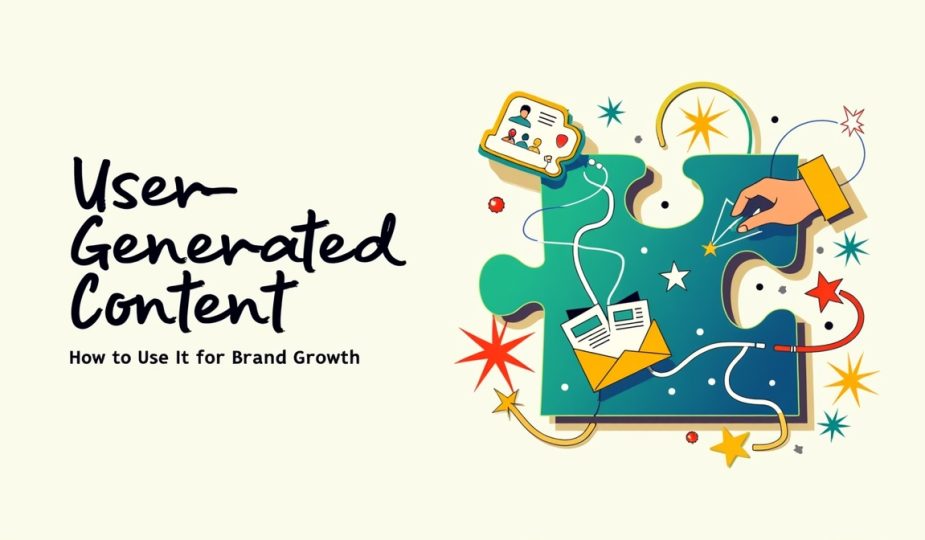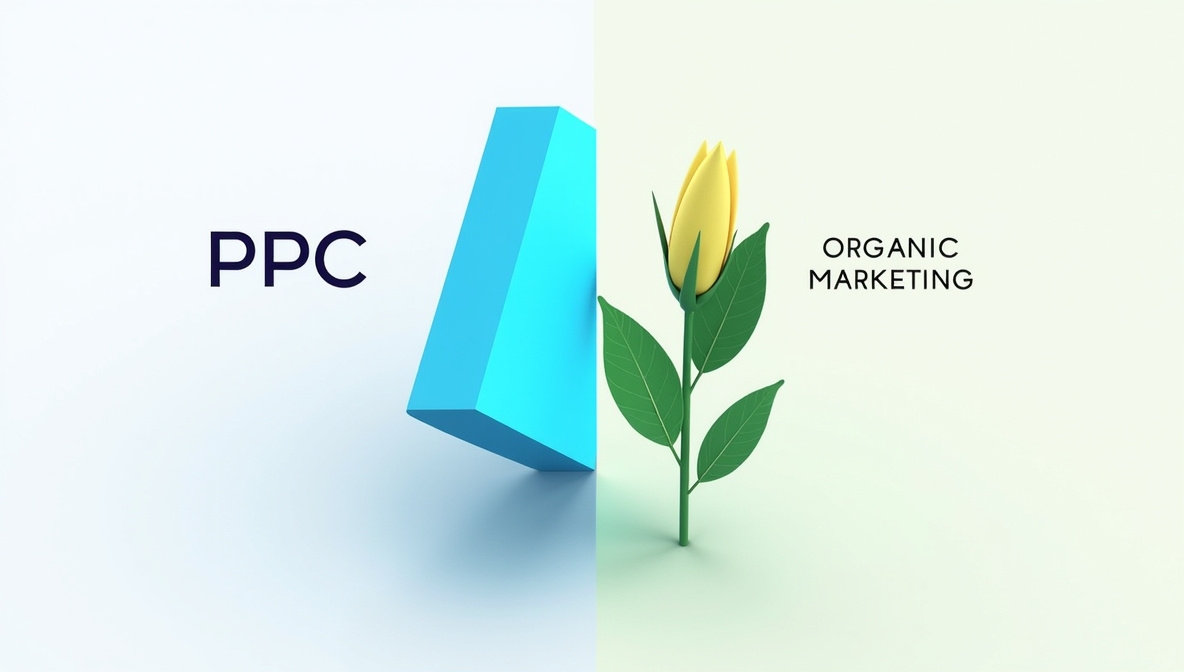Consumers trust real experiences over polished advertisements. User-generated content (UGC) provides businesses with authentic material that showcases products or services in action. Encouraging customers to create and share content about their experiences can significantly influence brand perception and engagement, and building a strong brand identity.
Why User-Generated Content Works
People value recommendations from peers more than traditional marketing messages. UGC builds trust, creates a sense of community, and provides social proof that a brand delivers on its promises. Studies show that brands using UGC see higher conversion rates and longer customer retention.
Benefits of Using UGC in Marketing
1. Builds Credibility and Trust
Consumers are more likely to believe fellow customers over company-sponsored advertisements. A review, a tagged social media post, or a video testimonial offers unbiased insight into a product’s real-world performance.
2. Increases Engagement and Reach
People engage more with content created by peers. Featuring user submissions in marketing efforts encourages further participation, increasing brand visibility across social platforms.
3. Boosts Conversion Rates
Shoppers want reassurance before making a purchase. Seeing a product used by others reduces hesitation, leading to higher conversion rates.
4. Cost-Effective Content Generation
Creating high-quality marketing materials takes time and resources. UGC fills this gap by providing fresh content without the heavy production costs.
5. Strengthens Community and Brand Loyalty
Encouraging user contributions fosters a stronger connection between customers and brands. People feel valued when their content is recognized, leading to higher brand loyalty.
How to Encourage and Use UGC
1. Create Shareable Experiences
Make products and services visually appealing and interactive. Packaging, unboxing experiences, and in-store events should be designed to encourage organic sharing.
2. Launch Contests and Campaigns
Run social media challenges or giveaways where customers must post about their experience. Incentives like discounts or featured placements motivate participation.
3. Develop a Branded Hashtag
A unique hashtag organizes UGC in one place, making it easier to track and showcase content.
4. Feature UGC on Multiple Platforms
Showcase user content across websites, social media, emails, and even product packaging. Highlighting real customer stories strengthens brand authenticity.
5. Collect and Repurpose UGC Efficiently
Some businesses use a Twitter video downloader or Instagram downloader to save and repurpose content (with permission) for marketing purposes. This allows brands to showcase customer experiences across multiple channels.
6. Engage With Contributors
Respond to UGC posts, comment on shared experiences, and express appreciation. A simple acknowledgment can encourage more participation.
7. Ensure Proper Rights and Permissions
Always seek permission before using customer content in official marketing materials. Transparency in usage builds trust with contributors.
Types of UGC That Drive Brand Growth
1. Customer Reviews and Testimonials
Written or video reviews provide firsthand experiences that influence potential buyers.
2. Social Media Posts and Stories
Tagged photos, videos, and stories on Instagram, TikTok, and Twitter serve as organic advertisements.
3. Blog and Video Content
Customers who write blogs or create YouTube videos about a brand offer long-form engagement.
4. Community Forums and Discussions
Platforms like Reddit, Quora, and brand-owned forums foster discussions that strengthen brand credibility.
5. Unboxing and How-To Videos
Consumers appreciate content that demonstrates product features and benefits.
6. Memes and Creative Content
Humorous or relatable UGC enhances shareability and engagement.
Final Thoughts
User-generated content transforms customers into brand advocates. By actively encouraging and showcasing authentic experiences, businesses can build trust, expand their reach, and increase conversions. UGC isn’t just content; it’s a powerful marketing tool that keeps brands relevant and relatable.







